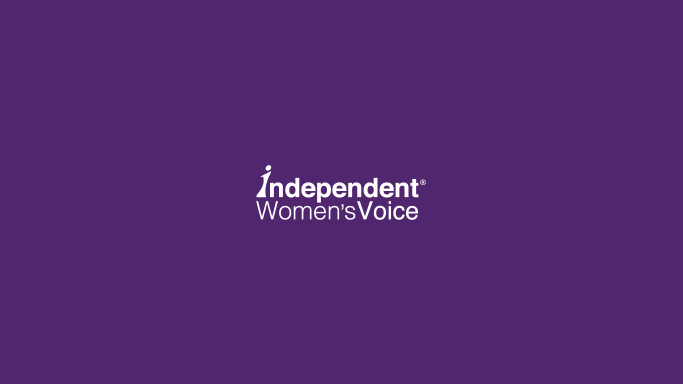For voters on the left, race and gender will not determine who becomes the Democratic Party’s nominee for president.
That insight is consistent with polling IWV conducted last year in which an overwhelming majority of voters said gender was not a deciding factor in how they would vote in the midterm elections.
According to new Monmouth University polling of likely Iowa caucus-goers, Democratic voters are not playing identity politics but looking beyond race and gender for who should head the party’s ticket in 2020
According to results:
-
87% say the race of the nominee does not matter.
-
5% say Democrats should nominate a person of color and that is offset by 6% who say the candidate should be white.
-
77% say the gender of the nominee does not matter.
-
7% say Democrats should nominate a woman, but that is drowned out by 12% who say it should be a man.
This is bears out in how voters rank the current field of candidates.
When Monmouth asked who voters would support for Democratic nomination, former Vice President Joe Biden and Vermont Senator Bernie Sanders led the pack out of almost two dozen candidates which includes several women and several people of color.
Among female Democratic voters, a quarter (24%) would support Biden followed by 19% who would vote for Sanders. Senator Kamala Harris, the only woman of color running, ranks a distant third place with 10%. Among non-white voters, these three still rank on top although Sanders takes the top spot.
For all of the commentary that the Democratic Party needs to place a woman and/or a person of color at the top of the ticket, voters think differently.
Voters have moved beyond identity politics and are looking for more than just breaking a glass ceiling.
We found similar sentiments last year among midterm voters.
When IWV polled likely midterm voters, we found:
-
The majority of respondents (85%) felt that gender is NOT a determining factor in deciding who they would vote for.
-
84% of women felt that gender is NOT a determining factor and this was nearly identical to men (85%).
-
Democrat women (25%) are twice as likely as Republican (10%) and Independent (11%) women to say the U.S. would benefit from more women in Congress and would consider gender when voting.
-
Wide majorities of both party affiliations and political ideologies felt that gender is NOT a determining factor: Republicans (90%), Democrats (75%), and Independents (89%); Conservative (92%), Moderate (86%), and Liberal (69%)
Americans are looking for candidates with solutions, not just an identity check-the-box to lead this nation.
Even among center-left voters, where identity politics seem to carry greater weight, Americans are looking beyond gender and race.
Perhaps this indicates we are getting closer to truly assessing our leaders based on the content of the character rather than the color of their skin or their gender.

